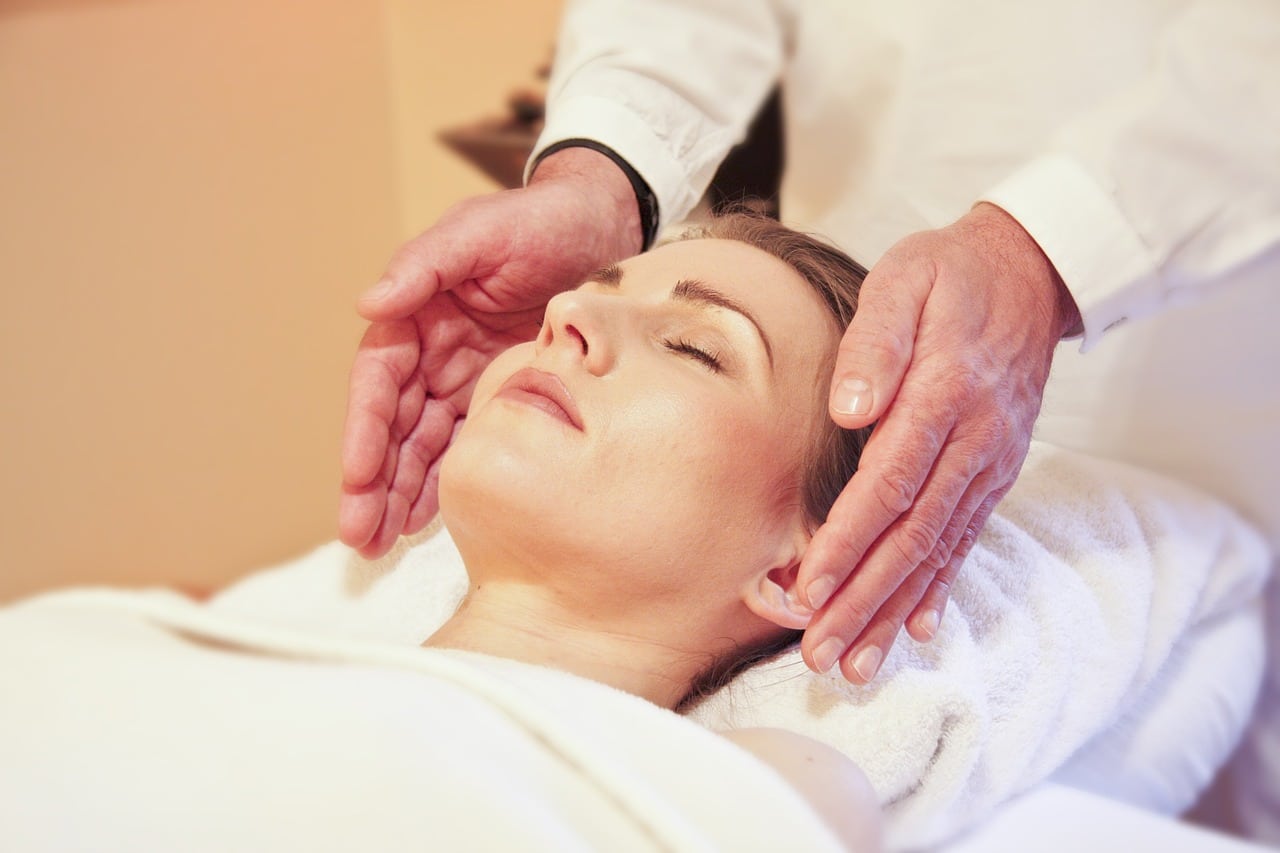Understanding Post-Cancer Treatment Challenges
Surviving cancer is a tremendous accomplishment, but it often comes with its own set of challenges. Post-cancer treatment can leave survivors dealing with physical and emotional discomfort, as well as stress and anxiety. These challenges can significantly impact their quality of life and hinder their ability to fully recover and move forward. Fortunately, there are complementary therapies available that can provide relief and support during this crucial phase of recovery. One such therapy is Reiki.
What is Reiki and How Does it Work?
Reiki is a Japanese healing technique that involves the transfer of energy from the practitioner to the recipient. The word “Reiki” is derived from two Japanese words: “rei,” meaning universal, and “ki,” meaning life force energy. The practitioner uses their hands to channel this energy into the recipient’s body, promoting balance and healing on physical, emotional, and spiritual levels.
Reiki as a Complementary Therapy for Cancer Survivors
Reiki is increasingly being recognized as a valuable complementary therapy for cancer survivors. It is non-invasive, gentle, and safe, making it suitable for individuals who may be experiencing physical limitations or sensitivity due to their cancer treatment. Reiki can be used alongside conventional medical treatments to enhance their effectiveness and provide additional support.
Easing Physical and Emotional Discomfort with Reiki
One of the primary benefits of Reiki for post-cancer treatment relief is its ability to ease physical and emotional discomfort. Cancer survivors often experience lingering pain, fatigue, and discomfort as a result of their treatment. Reiki can help alleviate these symptoms by promoting relaxation, reducing inflammation, and improving overall well-being. It can also address emotional distress such as anxiety, depression, and fear, which are common among cancer survivors.
The Role of Reiki in Promoting Relaxation and Stress Reduction
Stress is a significant factor that can hinder the recovery process for cancer survivors. Reiki has been shown to be effective in promoting relaxation and reducing stress levels. During a Reiki session, the recipient lies down or sits comfortably while the practitioner places their hands on or near the body. The gentle touch and the flow of energy help induce a deep state of relaxation, allowing the body to release tension and stress. This relaxation response can have a profound impact on the overall well-being of cancer survivors, helping them cope with the challenges they face.
Exploring the Potential Benefits of Reiki for Post-Cancer Treatment Relief
The potential benefits of Reiki for post-cancer treatment relief are vast. Research has shown that Reiki can improve pain management, reduce anxiety and depression, enhance sleep quality, and boost overall quality of life for cancer survivors. A study published in the Journal of Alternative and Complementary Medicine found that breast cancer survivors who received Reiki experienced significant improvements in pain, fatigue, and overall well-being compared to those who did not receive Reiki.
Furthermore, Reiki has been found to have a positive impact on the immune system, which is often weakened by cancer treatments. A study published in the Journal of Evidence-Based Complementary and Alternative Medicine showed that Reiki sessions led to an increase in natural killer cell activity, an essential component of the immune system’s defense against cancer cells.
In addition to its physical benefits, Reiki also provides emotional support and a sense of empowerment for cancer survivors. It allows them to actively participate in their healing process and regain a sense of control over their bodies and emotions.
In conclusion, Reiki offers a promising avenue for post-cancer treatment relief. Its ability to ease physical and emotional discomfort, promote relaxation and stress reduction, and enhance overall well-being makes it a valuable complementary therapy for cancer survivors. As more research is conducted and awareness grows, Reiki has the potential to become an integral part of comprehensive cancer care, providing much-needed relief and support for those on their journey to recovery.






